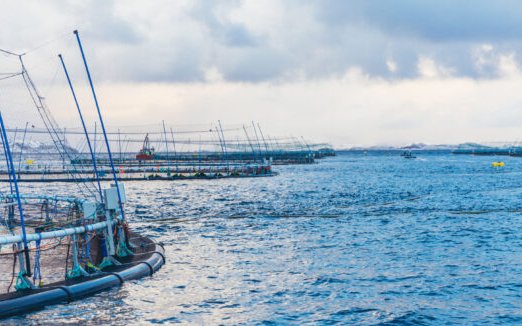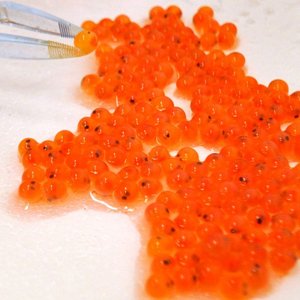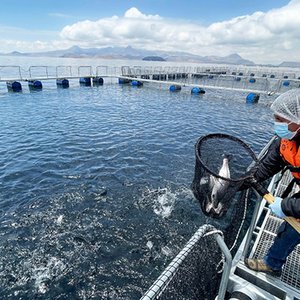The Aquaculture Stewardship Council (ASC) has voiced strong opposition to Norway’s proposed resource rent tax on farmed salmon, trout, and rainbow trout. In a letter addressed to the Norwegian Ministry of Finance, ASC CEO Chris Ninnes highlighted concerns over the consultation process, the complexity of the proposed tax mechanisms, and its potential consequences on responsible aquaculture practices.
ASC criticized the Norwegian government for a lack of inclusion and transparency in the consultation process. Despite being directly referenced in the proposal, ASC was not officially informed or identified as a key stakeholder. The organization only became aware of the proposal on January 21, 2025—four days after the consultation period closed—through informal discussions with industry partners.
Ninnes stated that ASC was excluded from consultation meetings held on January 28 and 29, further raising concerns about governance and the scope of the project. The organization asserts that such an exclusion places ASC at a disadvantage and calls into question the legitimacy of the process.
Due to the lack of official communication, ASC had to rely on secondary sources to understand the details of the proposal. According to a publicly available report by law firm Wiersholm, the tax plan specifically targets ASC-certified salmon, imposing an additional NOK 2.00 (USD 0.18) per kilogram.
ASC argues that this classification fails to account for the market dynamics of certified salmon. The organization noted that any price premium for ASC-certified salmon is often used as a negotiation tool and can vary. Therefore, setting an arbitrary price norm could lead to incorrect taxation, adding bureaucratic complexity and increasing the risk of financial miscalculations for producers.
Negative impact on sustainability and industry growth
Beyond taxation concerns, ASC warns that the proposal could have far-reaching consequences for the sustainability of Norway’s aquaculture industry. The additional tax on ASC-certified fish could discourage Norwegian farmers from seeking certification, despite the environmental and social benefits associated with responsible aquaculture.
“By putting an additional tax on ASC-certified fish, the proposal sends the wrong message to the market and effectively punishes farms that choose to operate responsibly,” the letter states.
This could lead to farms pausing their certification processes and reducing investments in research and development. According to ASC, several farms have already reconsidered their certification due to the proposed tax, which could hinder ongoing efforts to improve fish welfare, farm management, and environmental sustainability.
The letter also highlights growing scrutiny on Norwegian aquaculture, with increasing activist campaigns targeting retailers in key European export markets over issues such as sea lice infestations and mass fish mortality. The proposal could also have unintended financial consequences for aquaculture businesses.
In response to these concerns, ASC has formally requested a meeting with the Norm Pricing Council and project leaders to gain access to official documents and discuss the proposal’s implications. The organization also demands immediate inclusion in all future consultations to ensure that its feedback is considered in shaping Norway’s aquaculture taxation policies.













